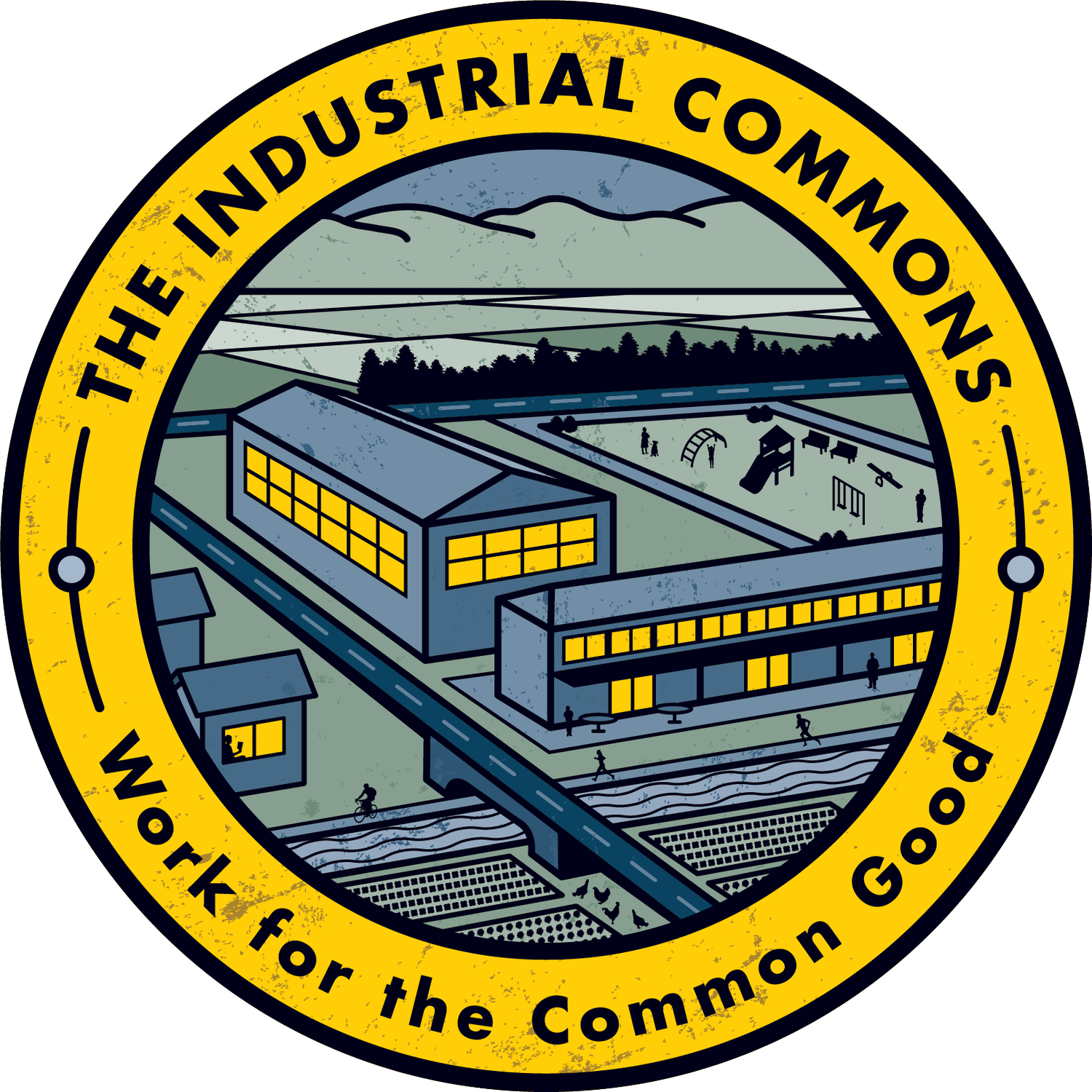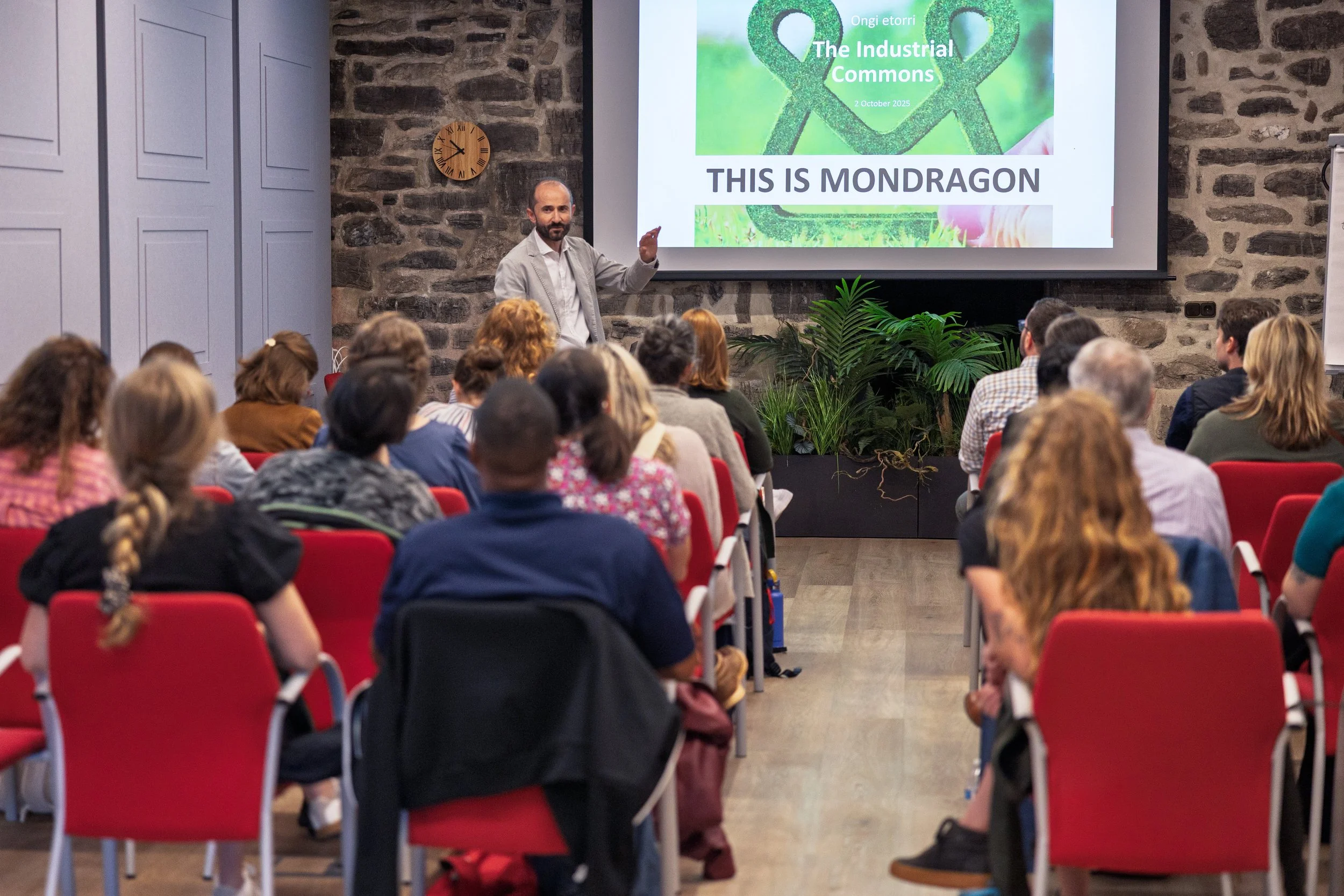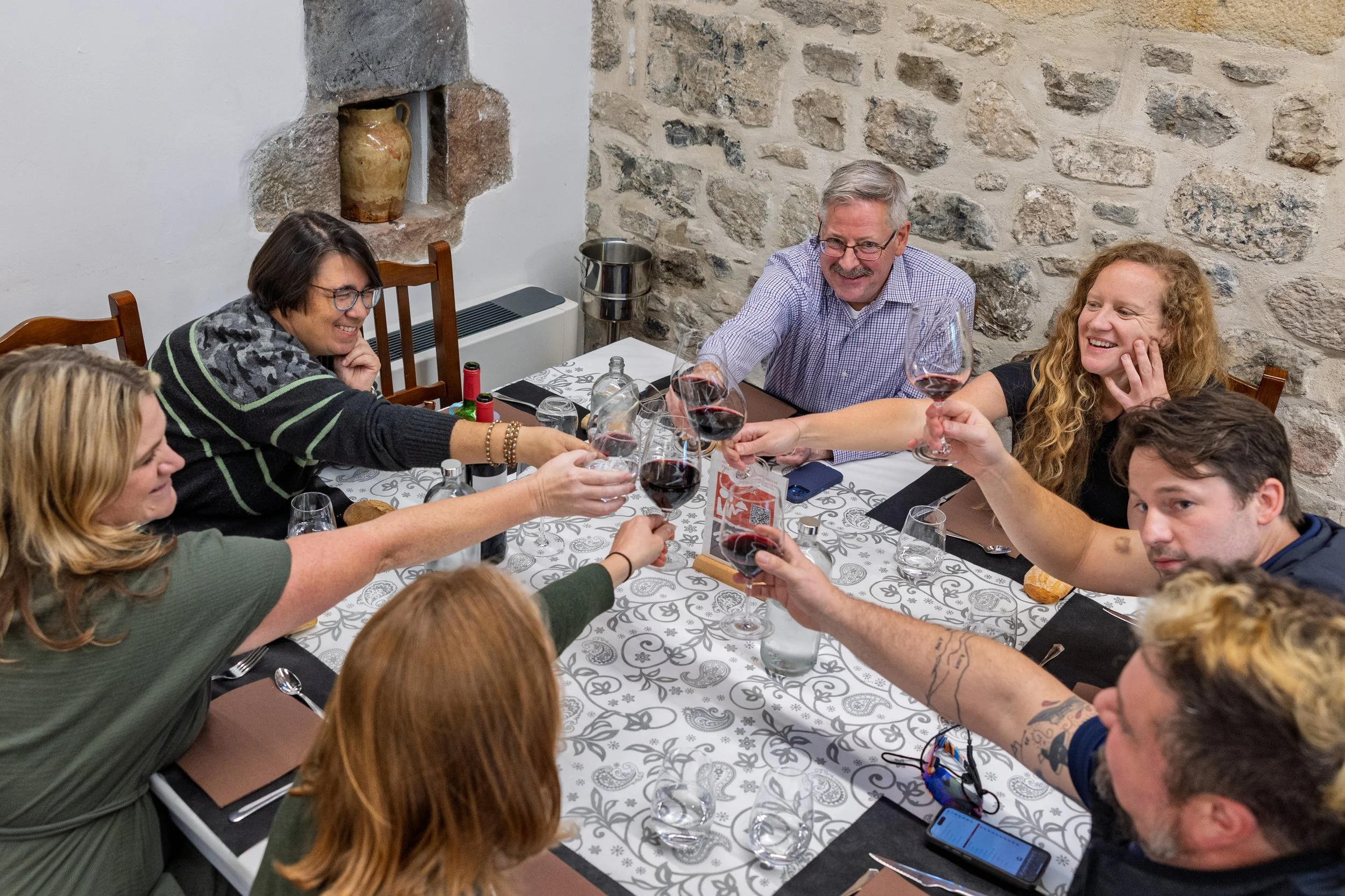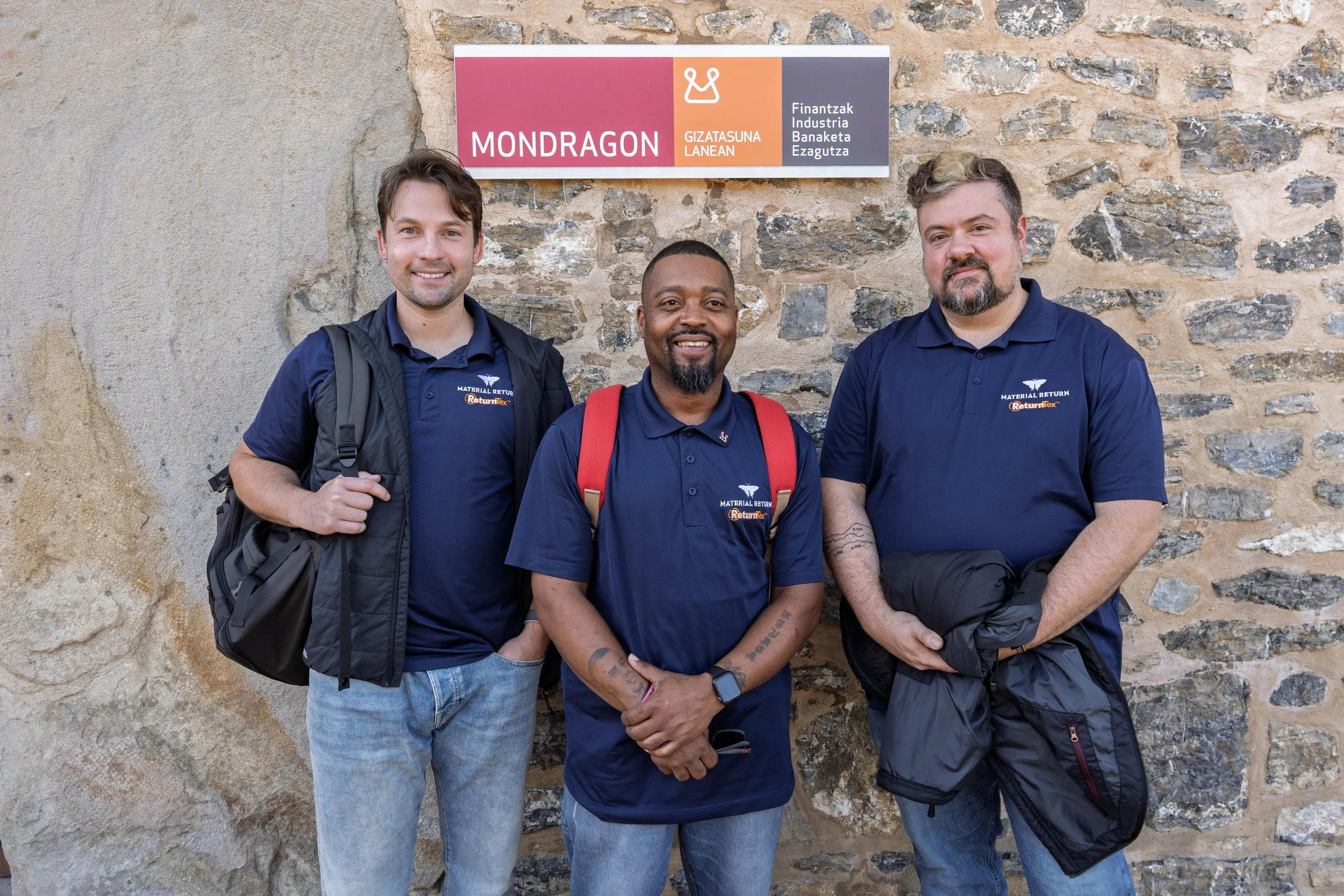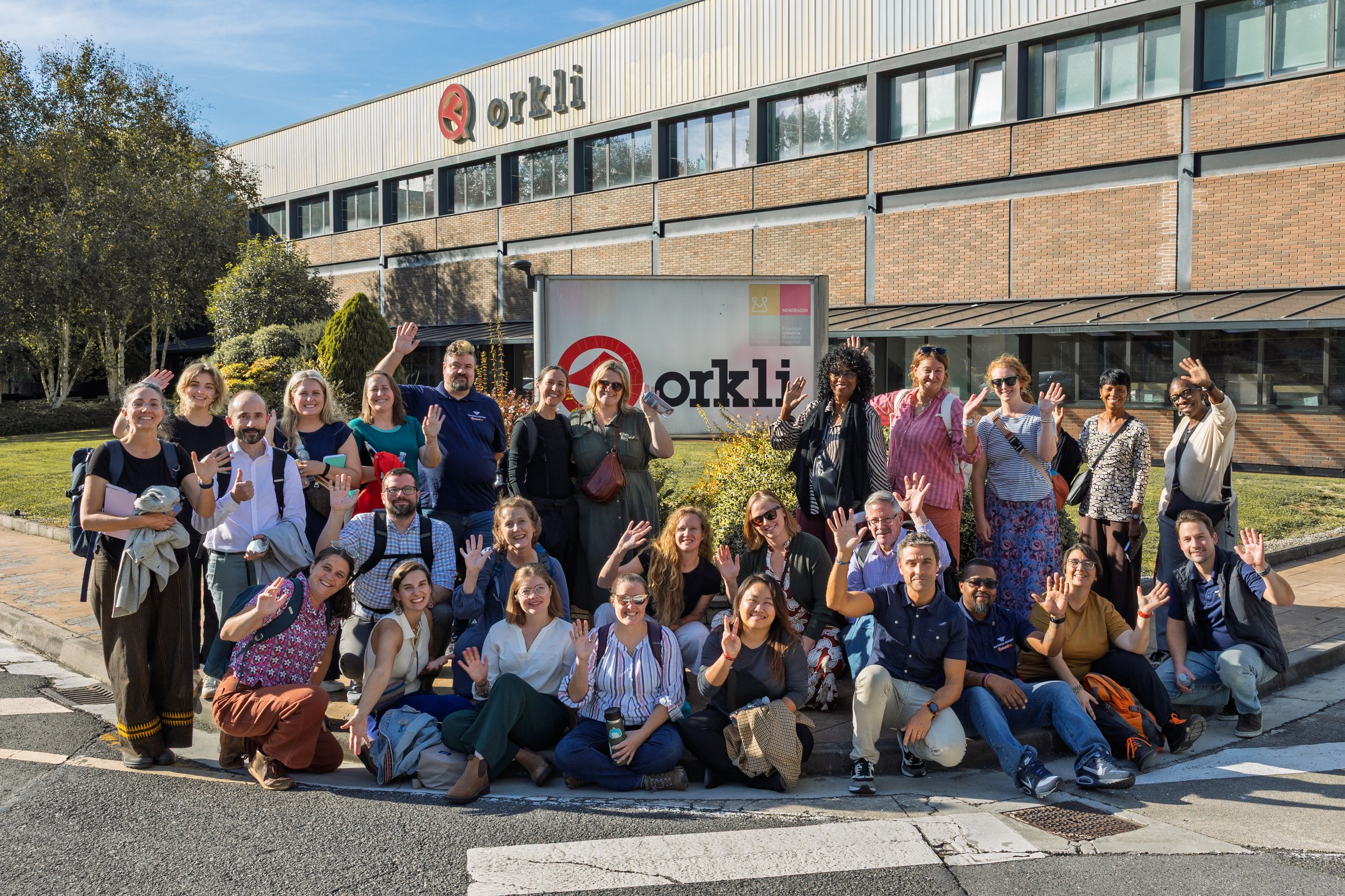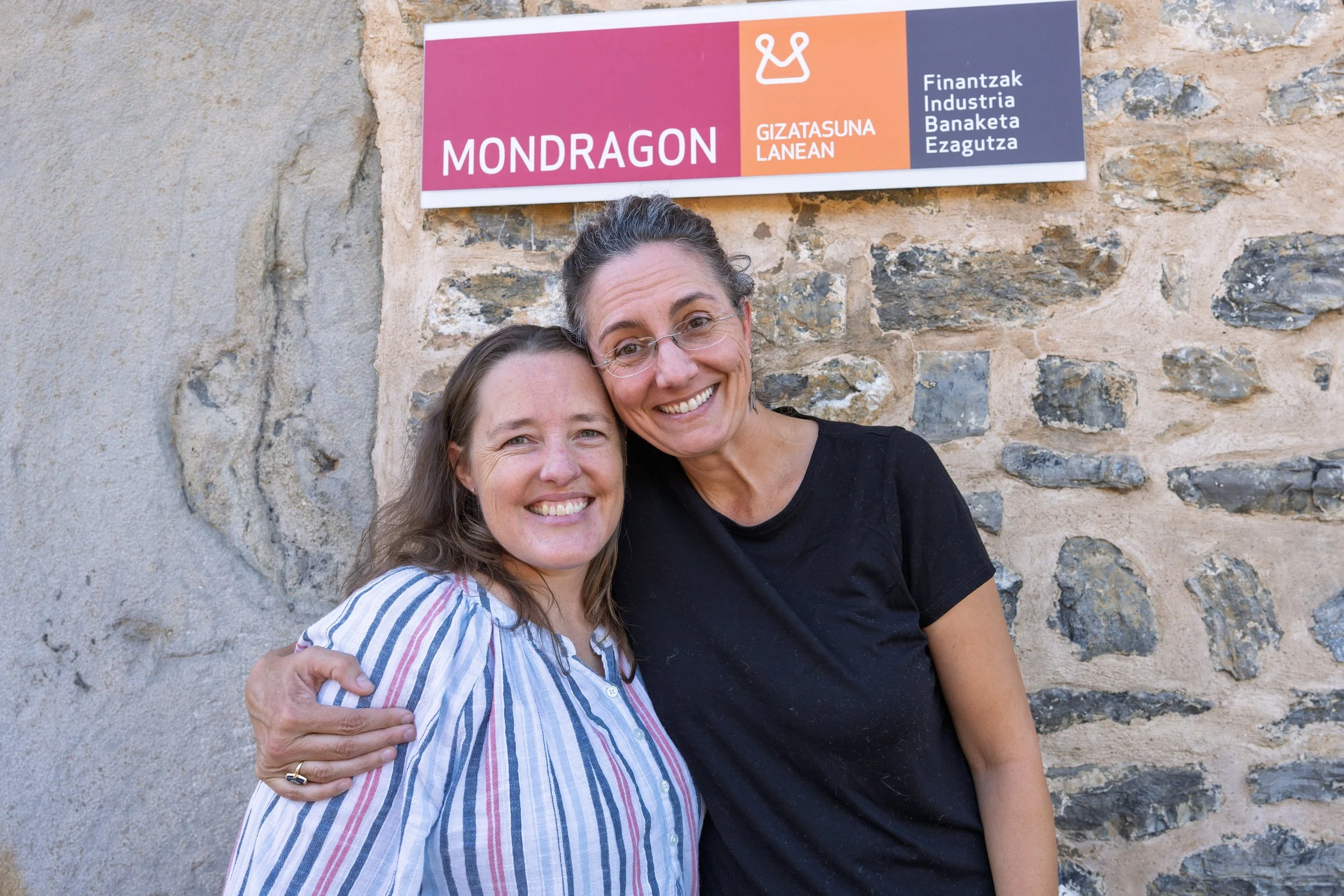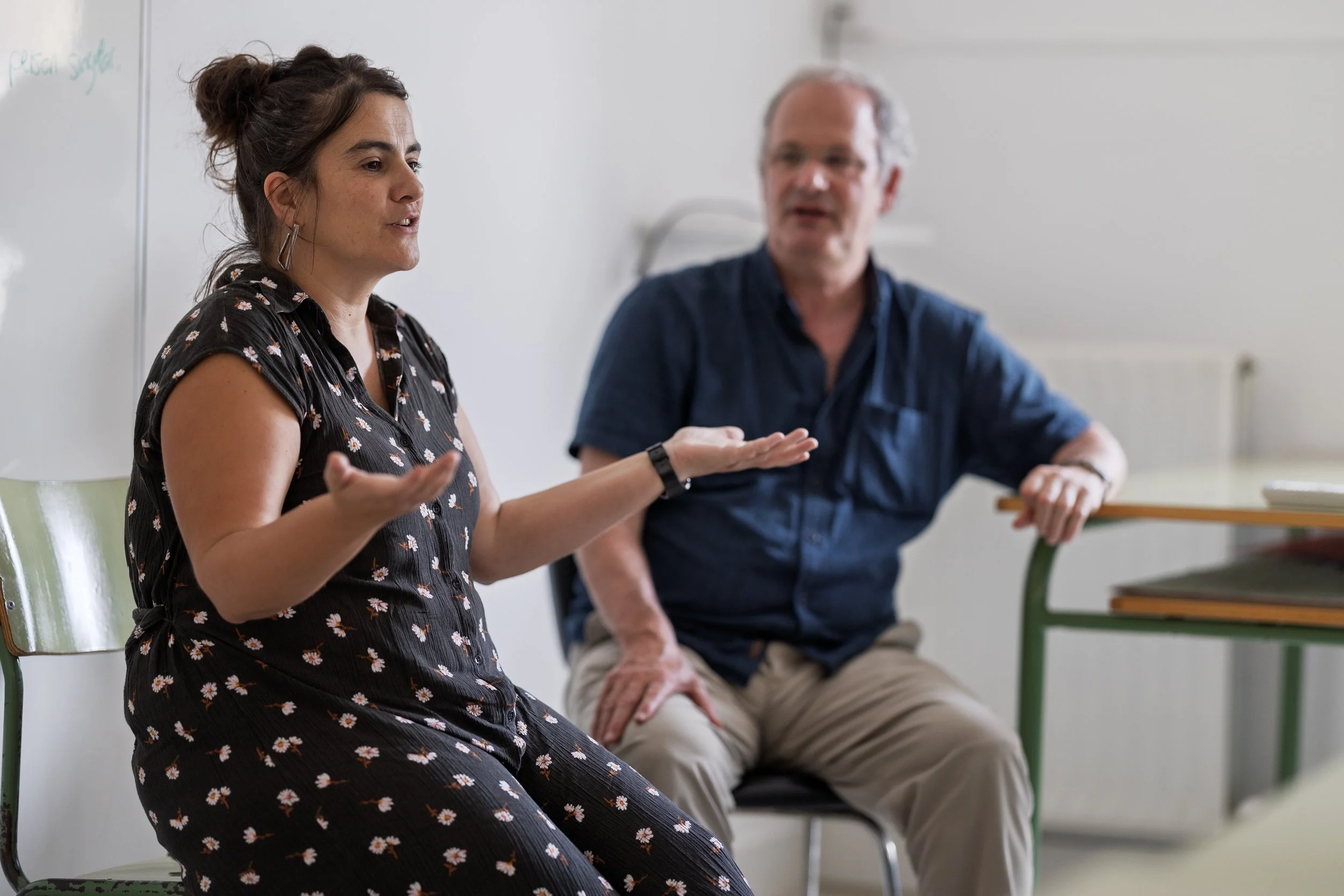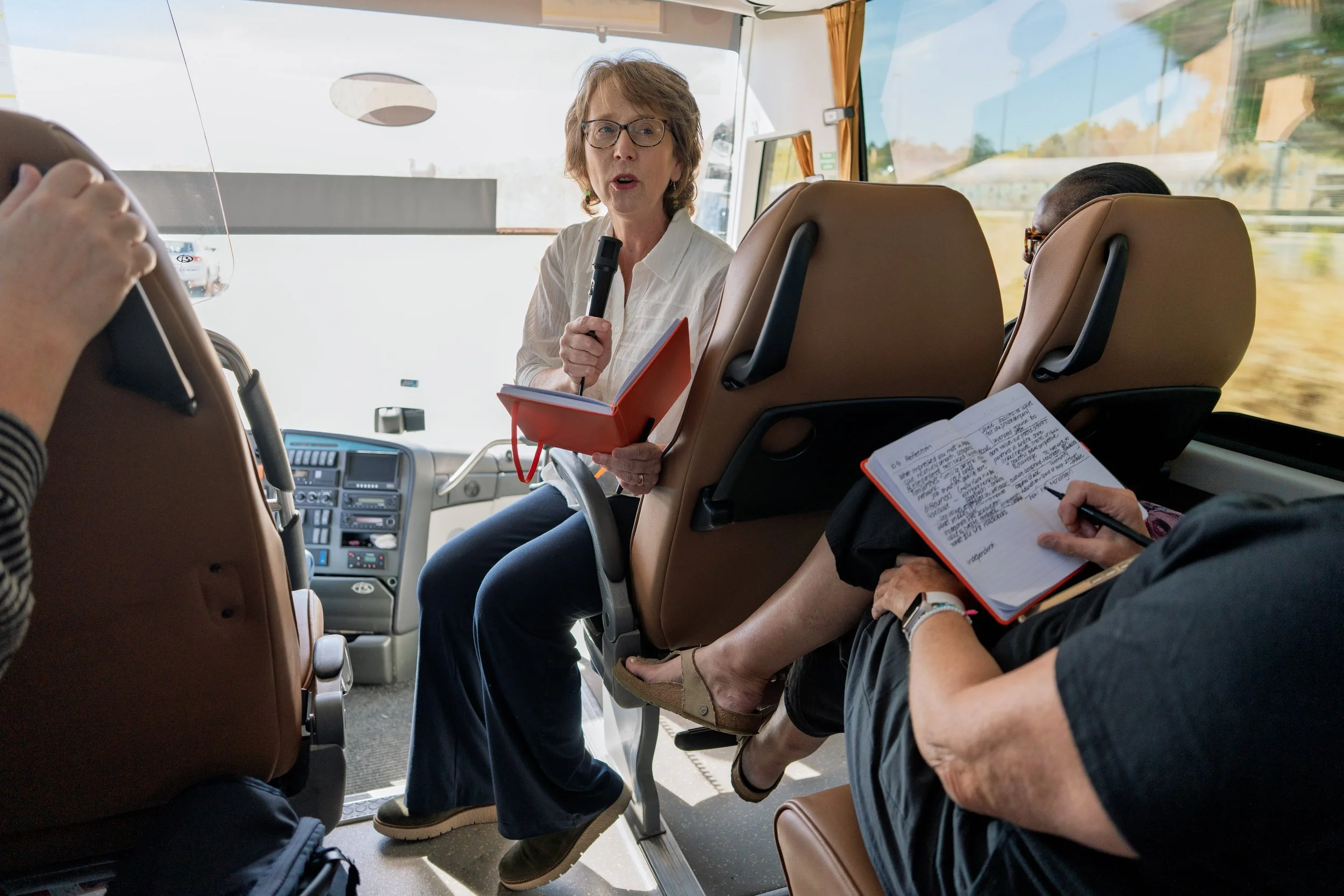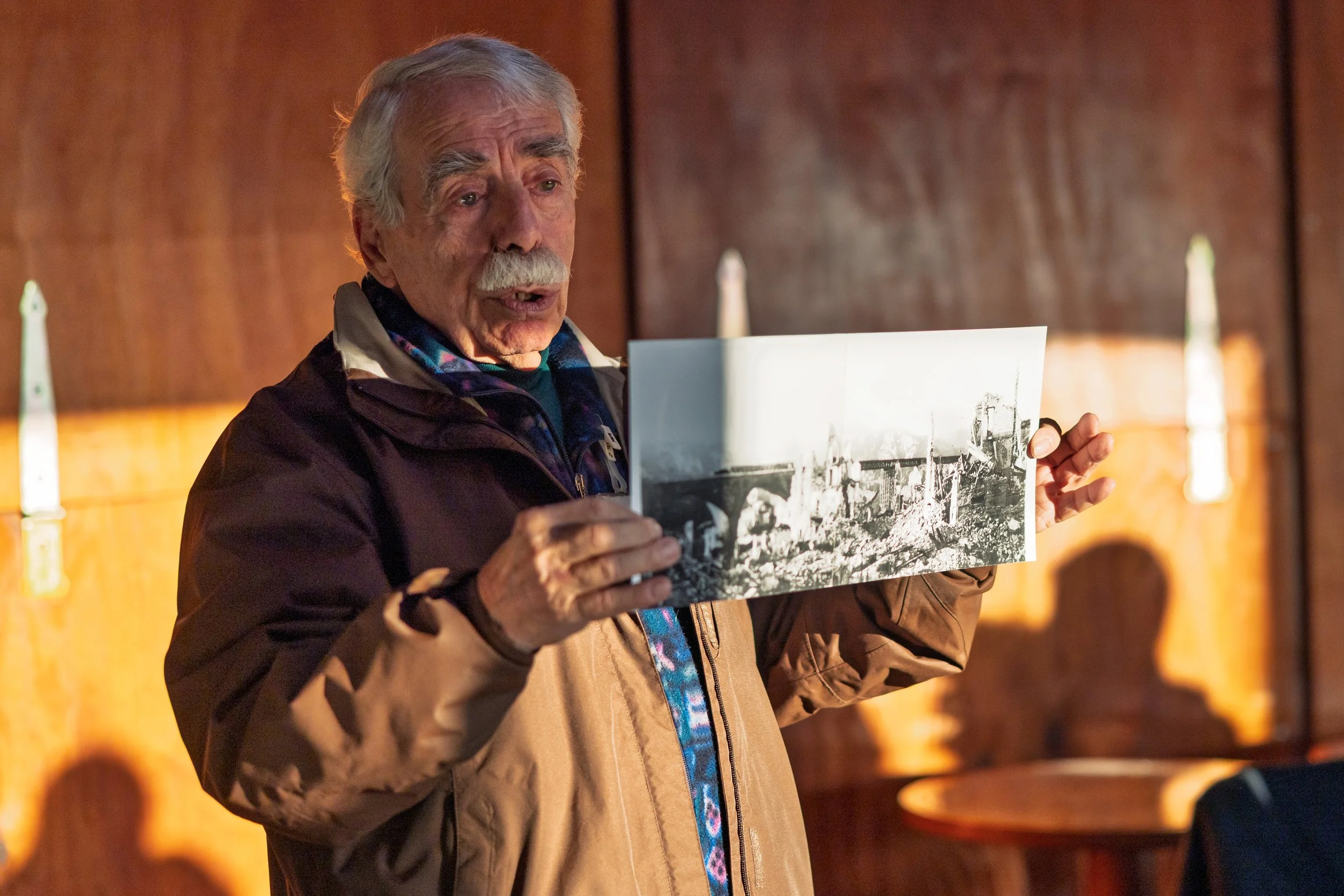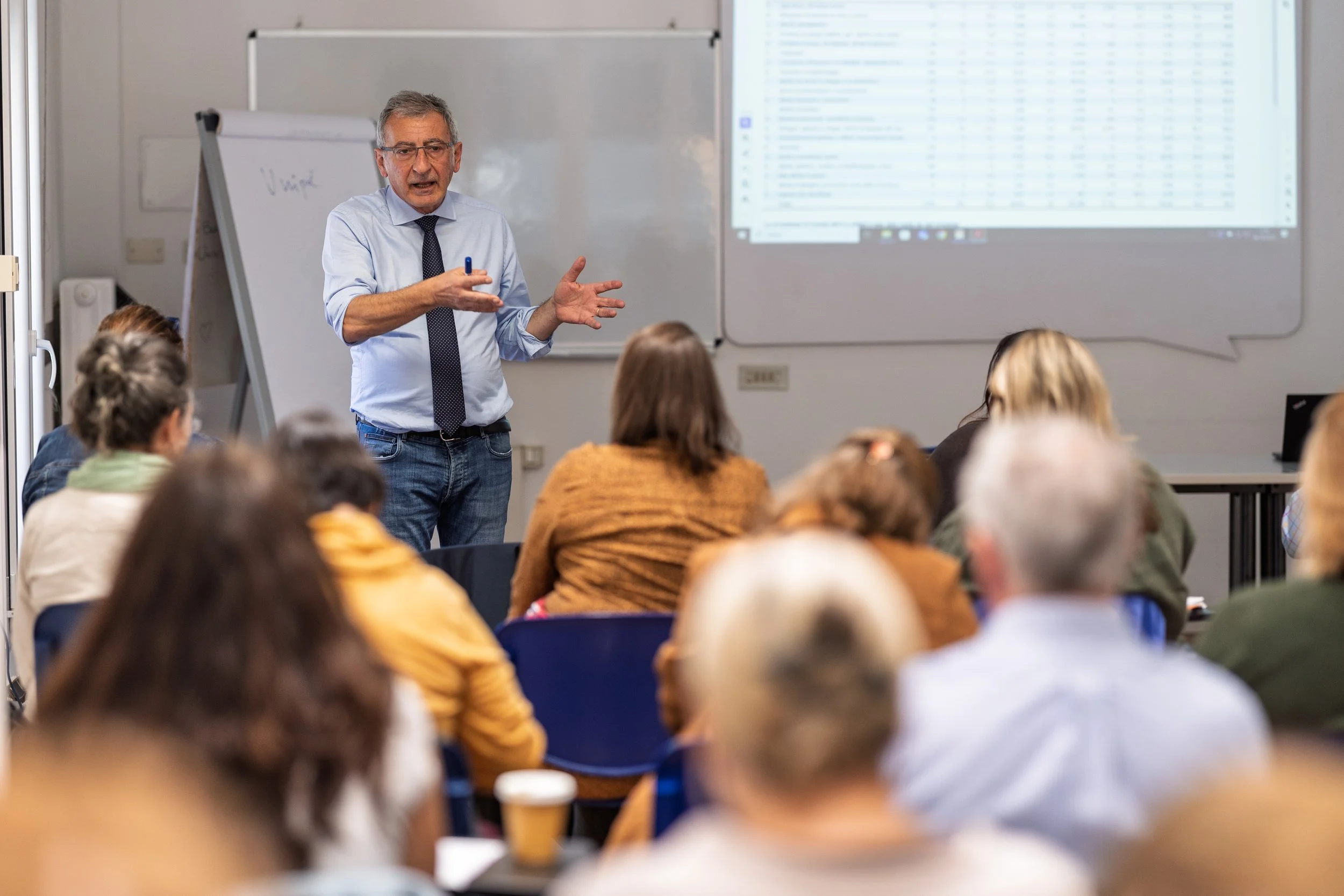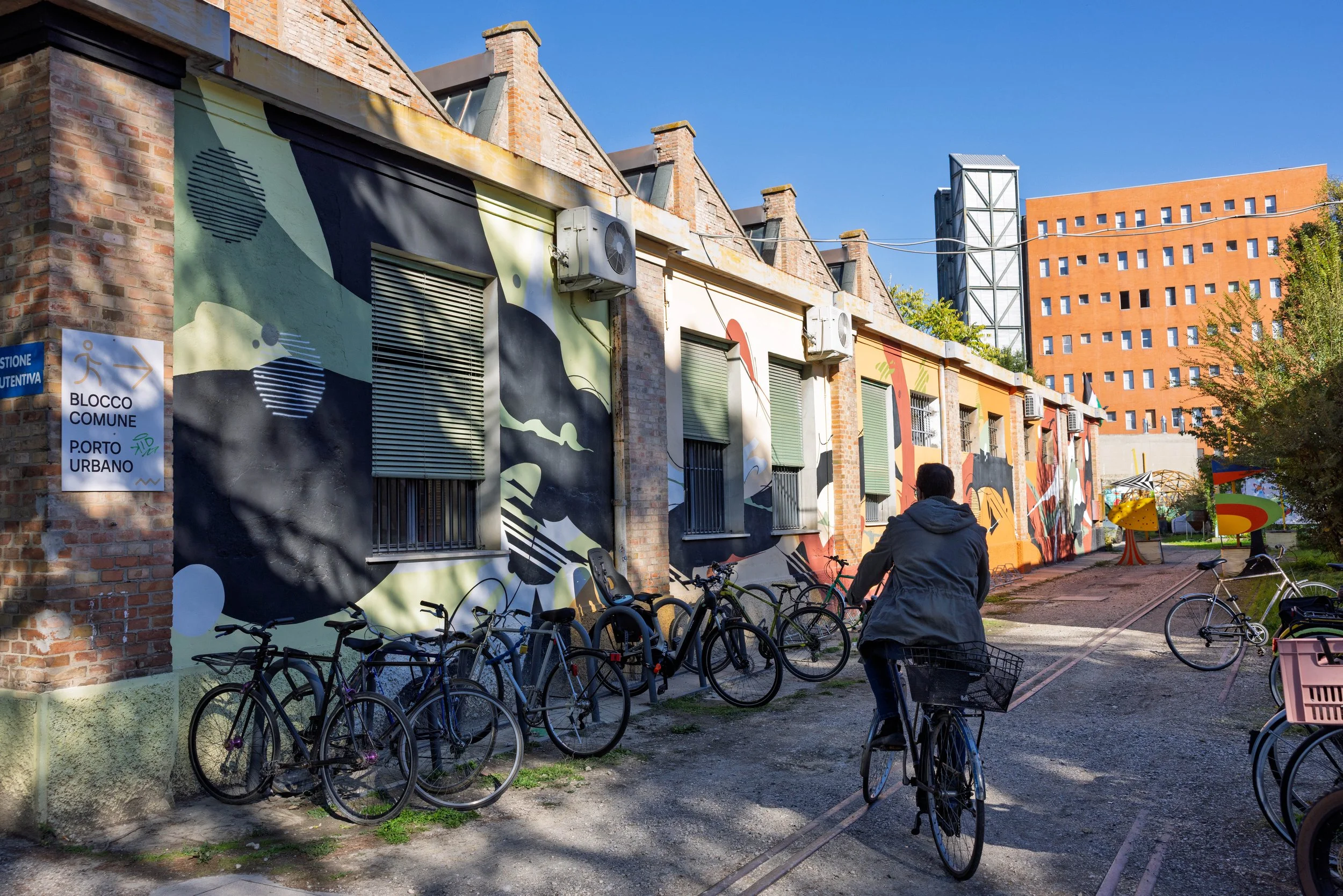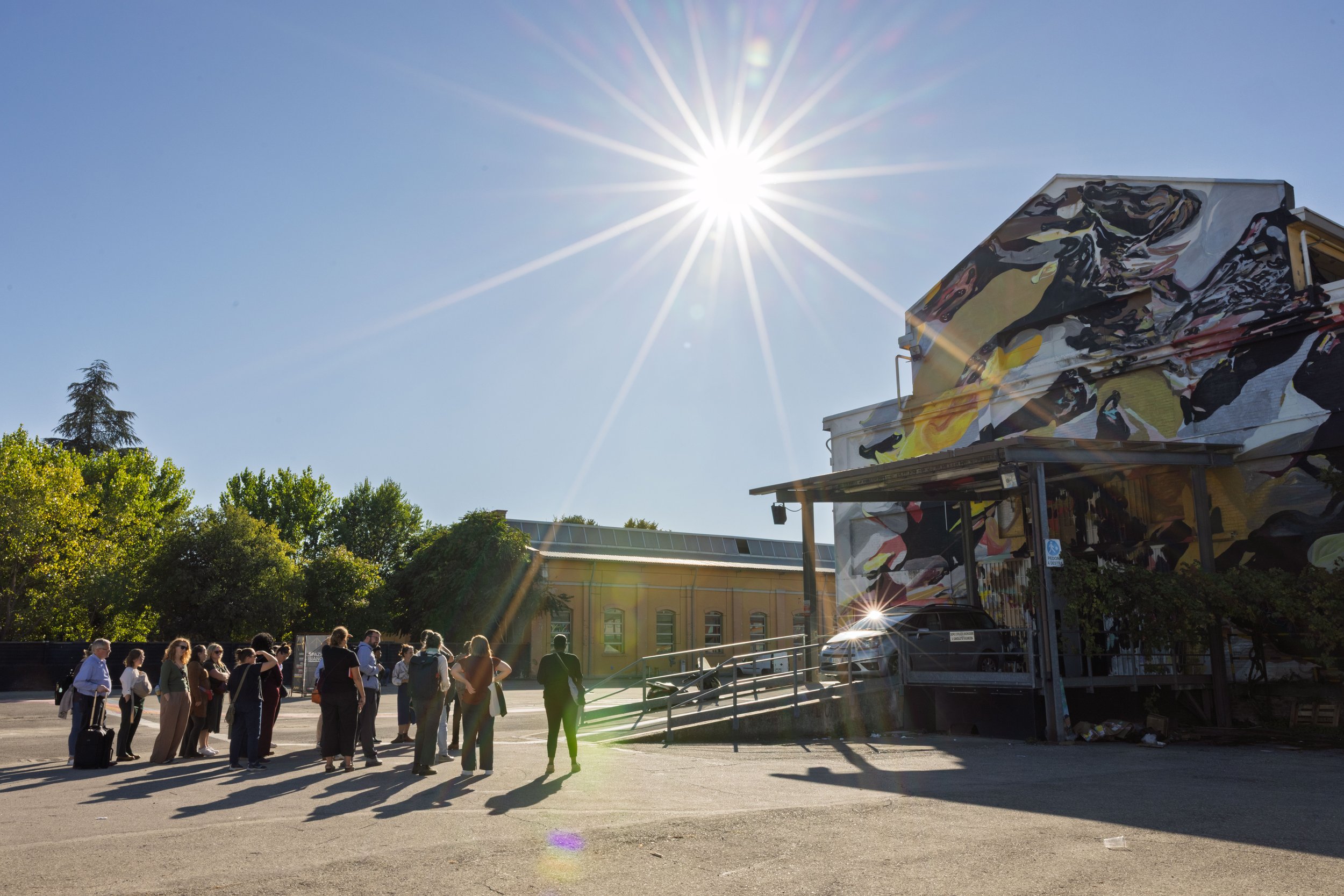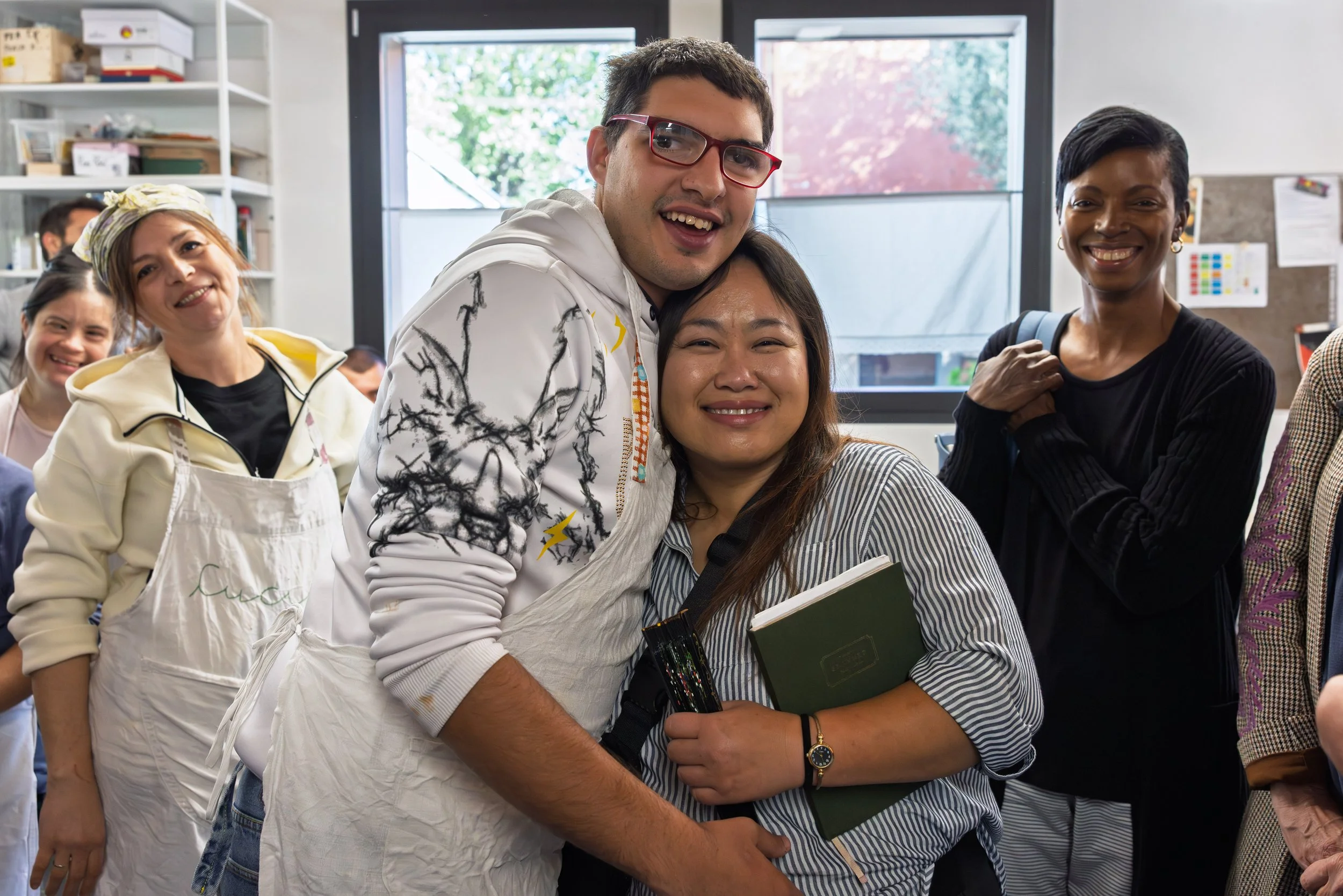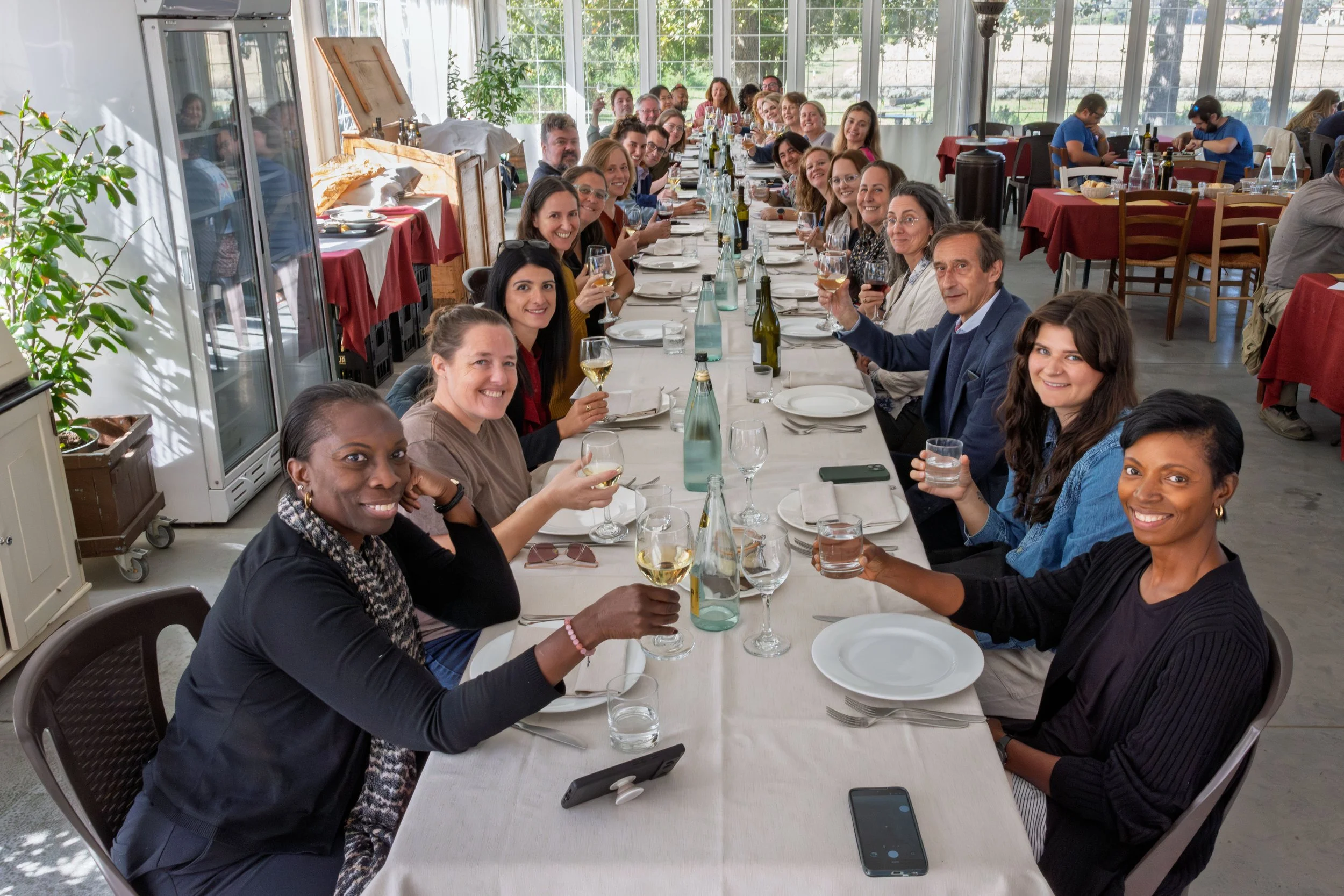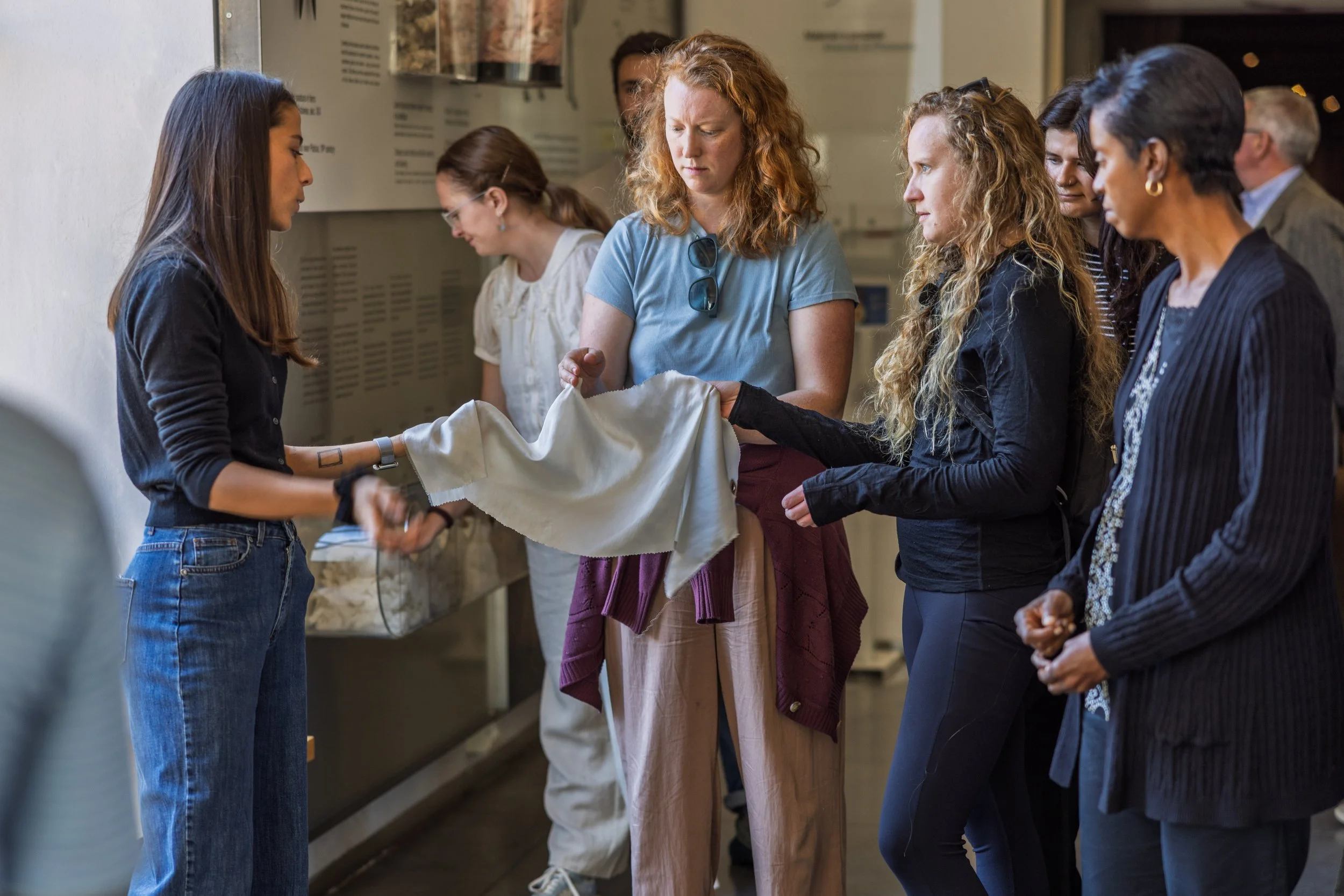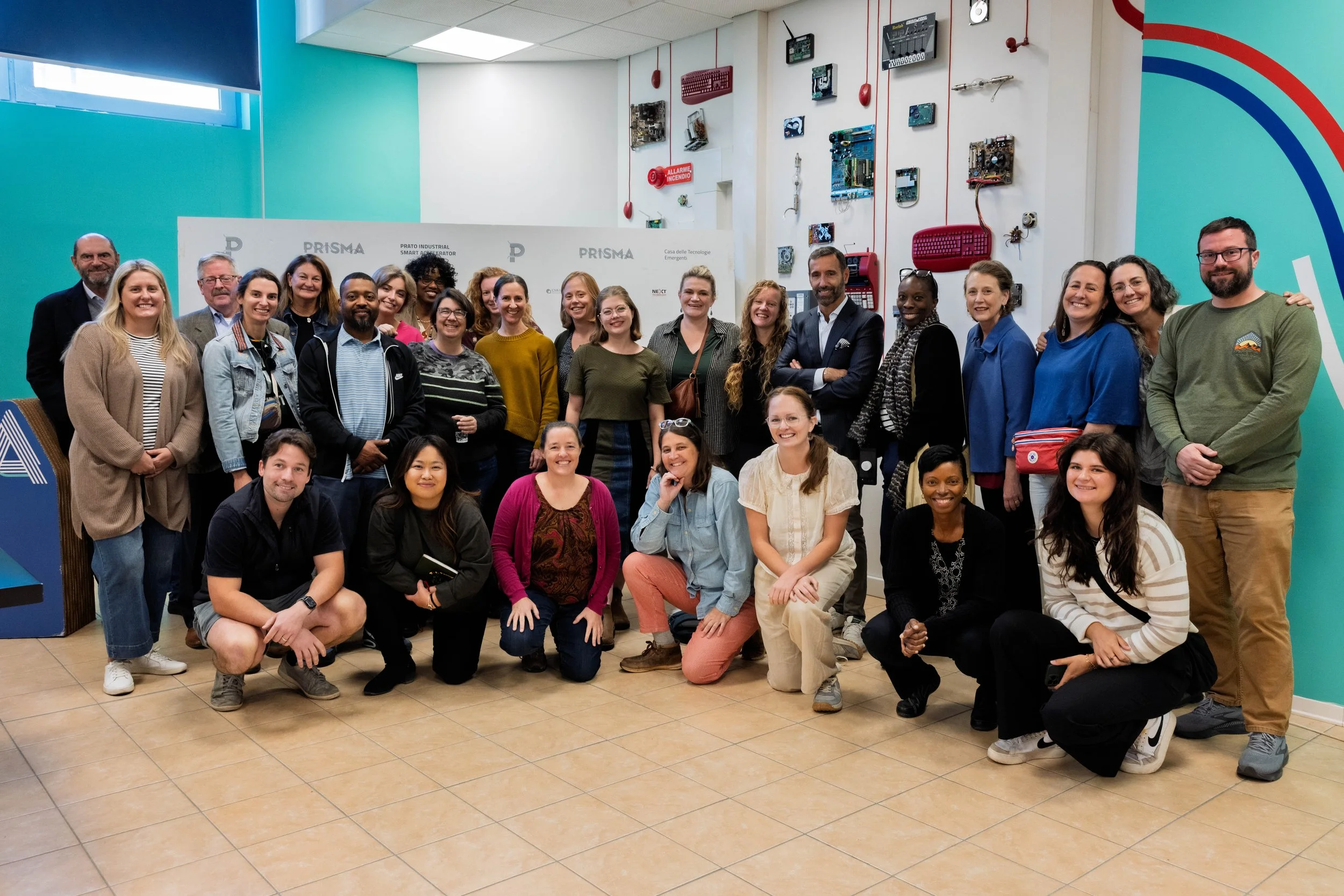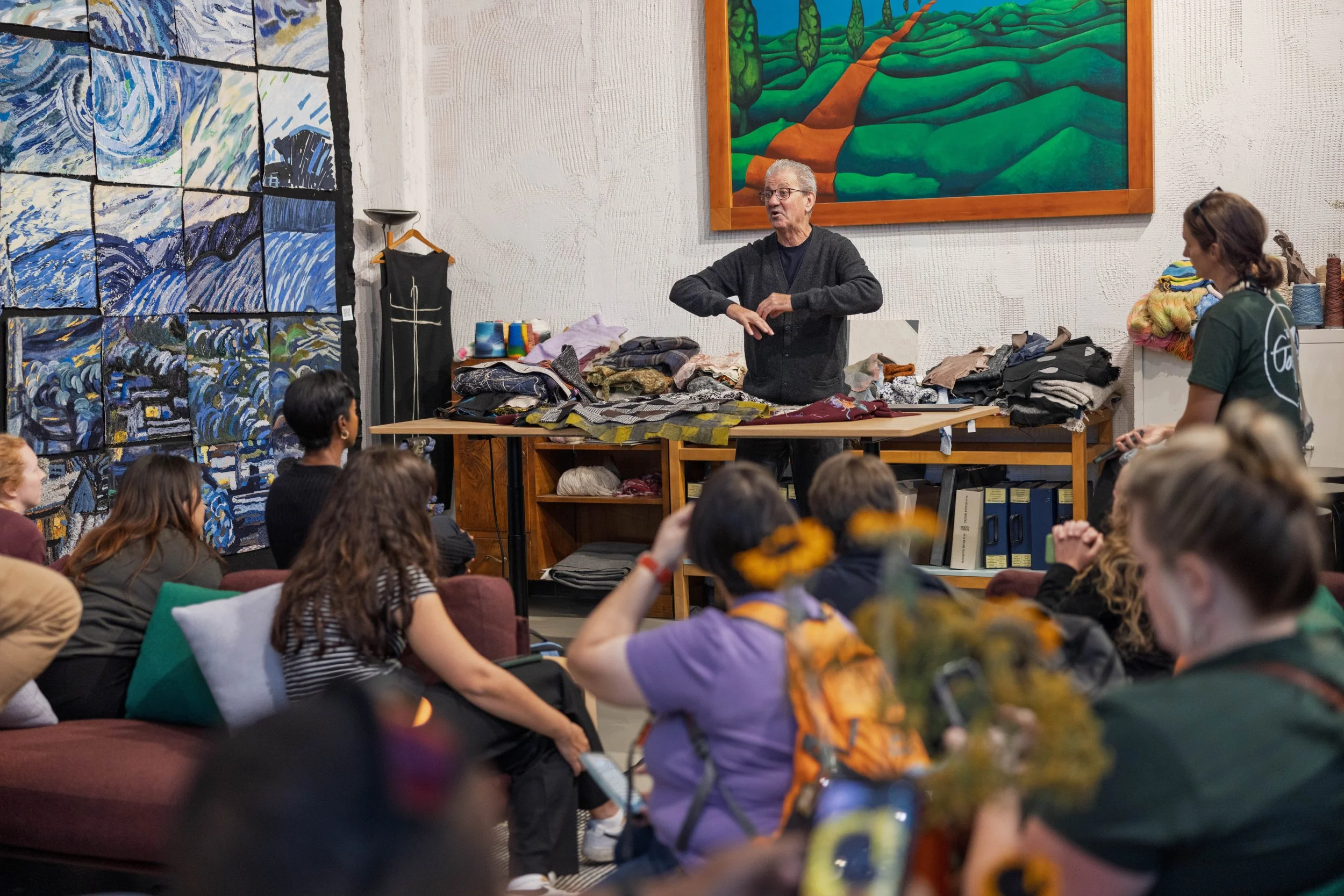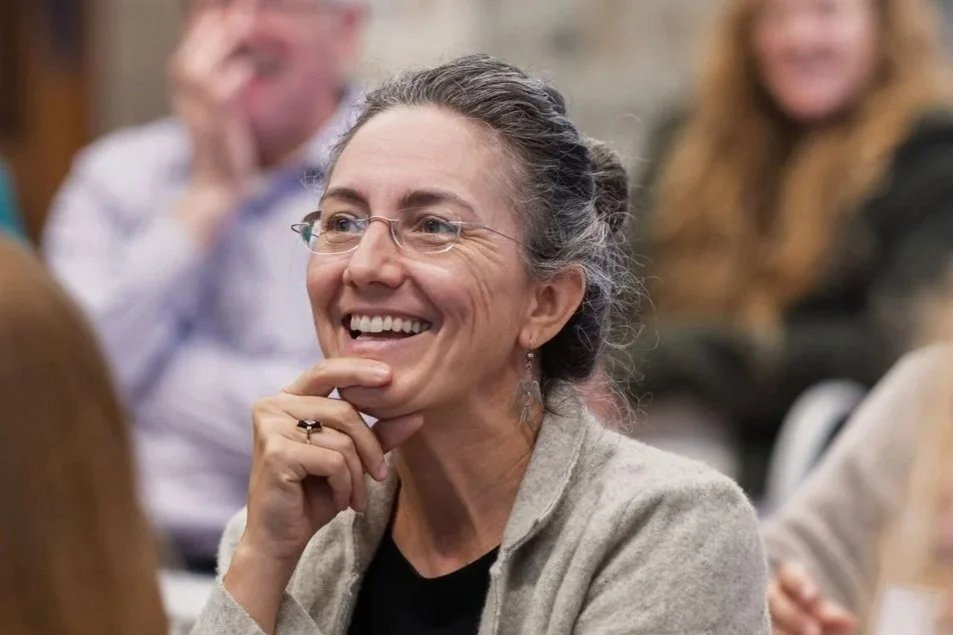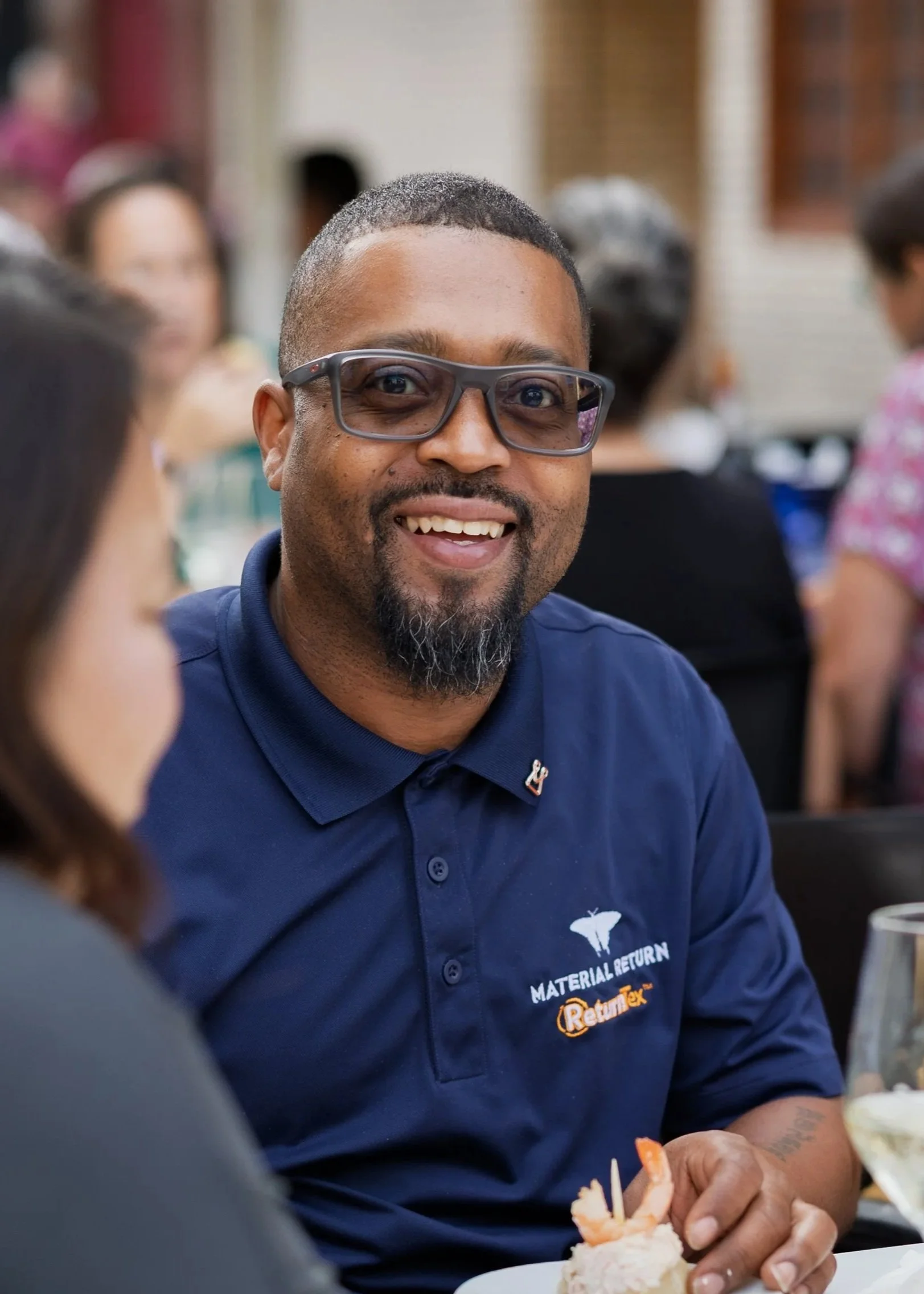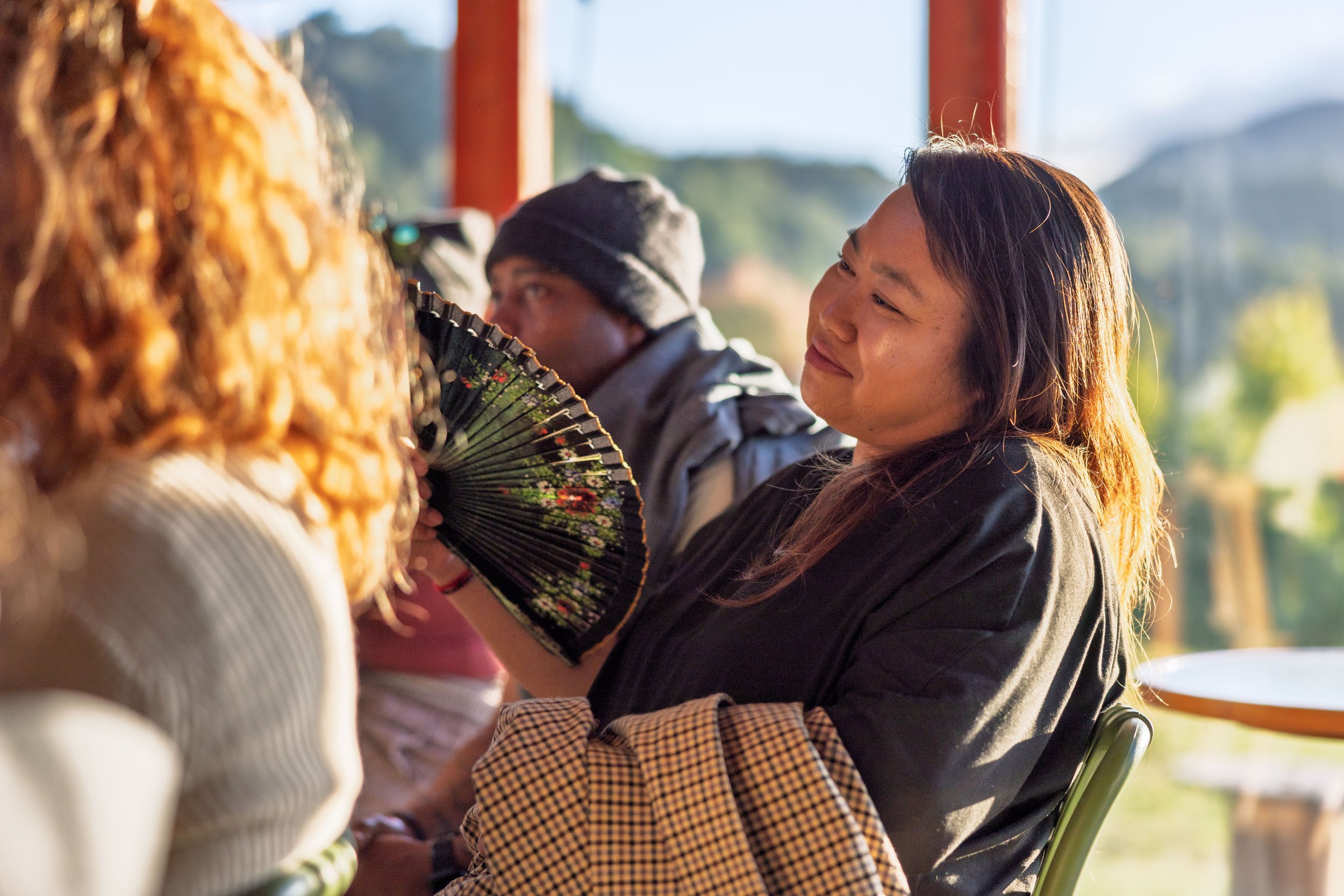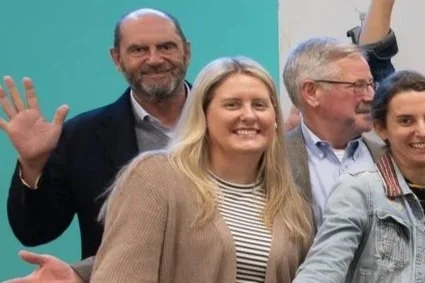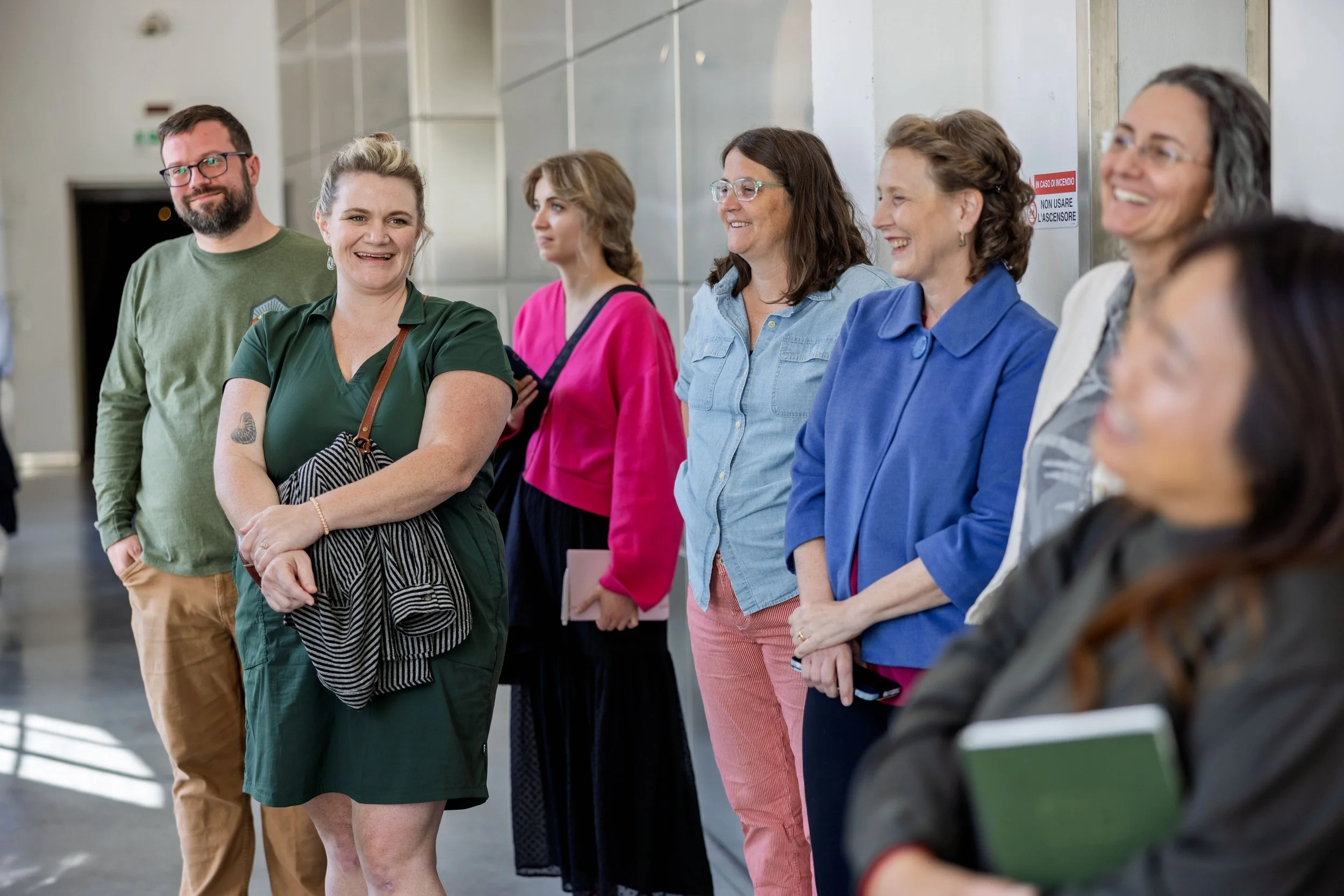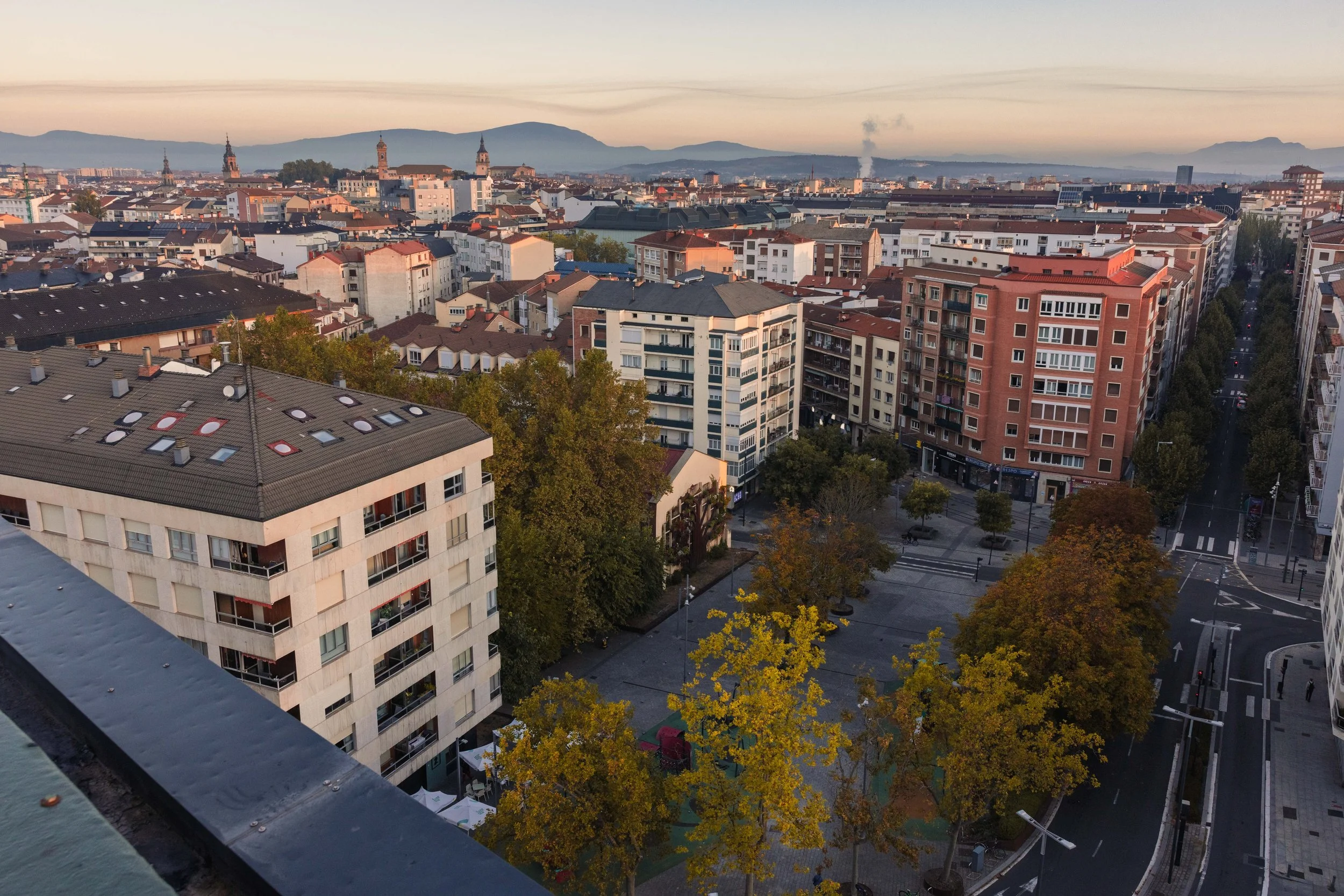
This October, our team unplugged for two weeks to dive deep into two of the world’s most inspiring cooperative ecosystems: Mondragon in Spain and Emilia-Romagna in Italy.
-
We’re headed to Europe to learn, reflect, and build on our shared vision for a stronger cooperative economy. In Mondragon, 80,000 workers power one of the most stable manufacturing regions in Europe, home to some of the largest and longest-standing worker cooperatives in the world.
In Emilia-Romagna, more than 7,500 cooperatives generate nearly a third of the region’s GDP, built on a decentralized, deeply rooted model of ownership and production.
Our curiosity was sparked during the pandemic, when we launched the Ecosystem Armchair Tour, a virtual series of conversations with cooperative leaders from six countries. That project gave us the chance to explore how place, policy, and structure shape thriving cooperative systems, and laid the groundwork for this next step in our learning journey. Rather than let isolation stall our learning, we turned inward to think critically about how place, policy, and structure shape thriving cooperative economies.
The tour offered a rare opportunity to exchange knowledge with both century-old systems and newer movements, sparking insights that continue to inform how we build a supportive infrastructure for community-rooted enterprise here at home. (You can read the paper that came out of that experience here.)
-
On our trip, we dove deep into how the cooperative models we visit actually work, and how they support thriving local economies. Our trip included stops at two cooperative hubs, universities, manufacturing facilities, and innovation centers, from Mondragon University in Spain to TechnoTex in Prato, Italy.
We asked ourselves big questions: What makes these models successful? How do they compare to what we’re building? What lessons can we bring home, and what would need to shift (in policy, finance, or partnerships) to make those lessons real here?
Before we left, staff participated in two preparatory learning sessions to familiarize ourselves with the history of the regions we were visiting. We wrapped up the trip with a day of reflection and strategic planning for the long-term vision of our ecosystem. We were also lucky to be joined on the ground by some of our European friends—Fred, Anders, Matt, Giovanni and Andrea—who we deeply appreciate for providing guidance for the trip.
-
Twenty-eight staff members from both TIC and PODER Emma joined us on the journey. Folks from all across the TIC ecosystem, representing different teams, roles, and experiences. Some had never left the U.S. before, and we’re excited we got to make the journey together.
From the factory floor to program staff, it’s important that everyone has the chance to learn and be inspired by what we see. This trip focused on shared growth and knowledge for our whole ecosystem.
-
This trip was made possible through generous support from the McNulty Foundation, Emerson Collective, an anonymous community donor, and staff contributions based on salary range. We’re honored to take this time to learn from others, reconnect with our purpose, and explore bold ideas for the future of cooperative work in our region.
-
Through this opportunity, we hope to continue to develop the long term vision for our ecosystem. This trip is more than just a learning opportunity, it’s a chance to bring back concrete ideas that will directly inform how we strengthen our work and serve our community. By seeing first-hand how other regions have built lasting cooperative infrastructure, we have returned with practical strategies for growing worker ownership, expanding local economic opportunity, and designing policy and finance systems that actually work for people. We’ll also gain a deeper understanding of what it takes to build ecosystems that last, where education, industry, and community all move in sync. We will also be inspired and hopeful about what the future can look like for our community and region!
The knowledge we bring back will support our programs and enterprises as they advance, and it will help us think bigger, plan more strategically, and stay grounded in what's possible when people have real power in the economy.

Reflections from our Learning Journey
Watch Our Webinar: What Europe Taught Us About Cooperatives
Discover what TIC learned on our trip to Mondragon, Spain, and Emilia-Romagna, Italy. In this webinar, we explore how communities built thriving cooperatives through shared purpose, ongoing learning (Zirimiri), and resilient systems.
See how we plan to take these lessons we learned to shape TIC’s cooperative model here in Burke County.
